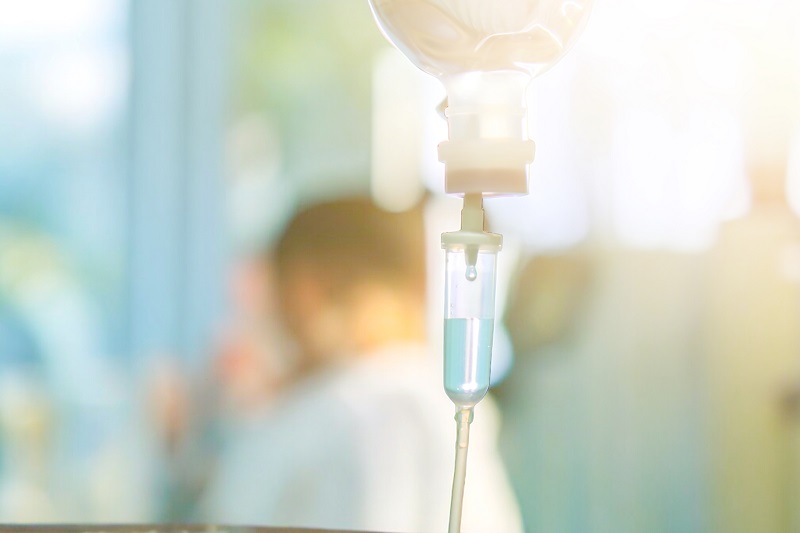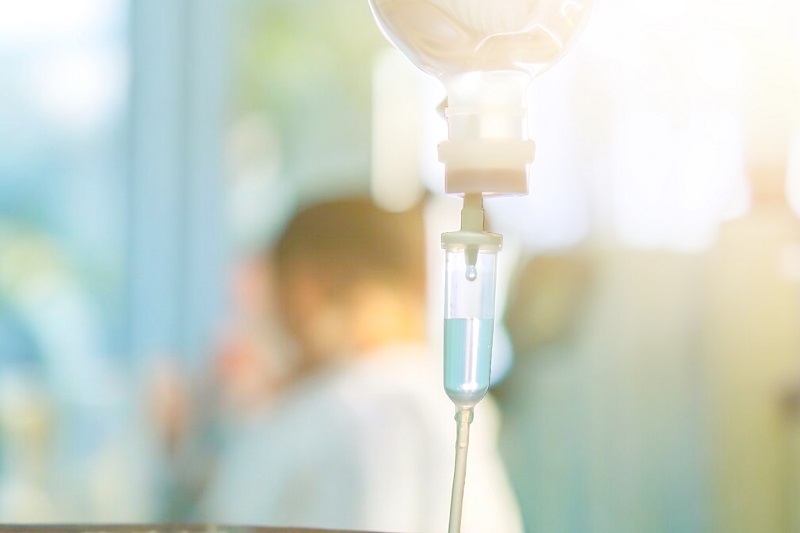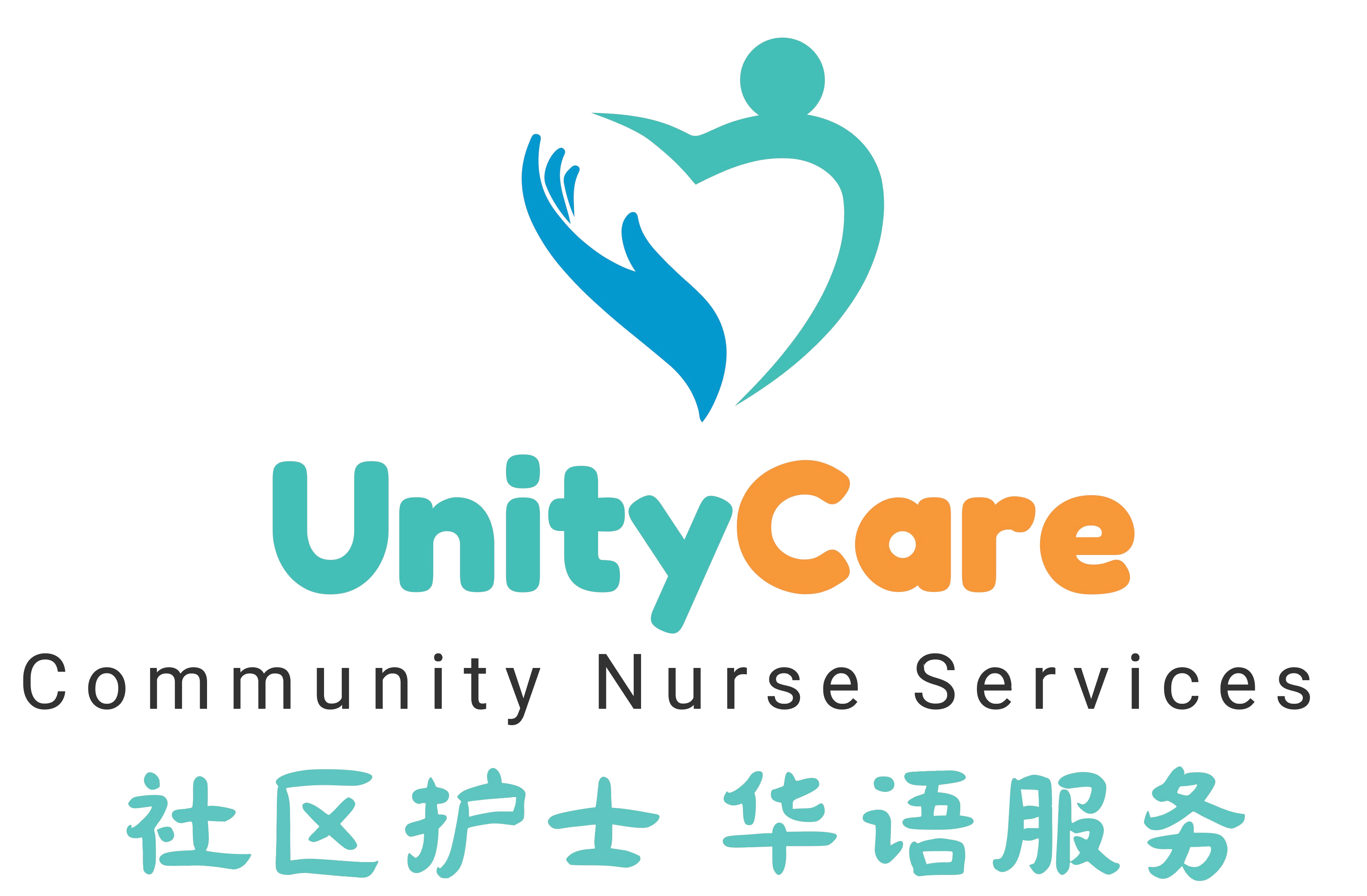Your cart is currently empty!
Asian Community Health Professional Services

Chelation Therapy Infusion GP Referral
Chelation therapy infusion involves delivering chelating agents directly into the bloodstream through an intravenous (IV) drip. This method allows for more rapid and controlled administration of the treatment, potentially enhancing the removal of heavy metals and toxins from the body. It is commonly used for conditions like heavy metal poisoning and is sometimes explored for other health issues, although its efficacy for some uses remains under investigation.
To know more about Chelation Therapy Infusion
Why and who might need an Chelation Infusion?
Chelation infusion is a medical treatment used to remove heavy metals from the body. Here’s a brief overview:
- Purpose: Chelation infusions are designed to treat heavy metal poisoning by using chelating agents to bind and remove metals like lead, mercury, and arsenic from the bloodstream.
- Who Might Need It:
- Heavy Metal Poisoning: Individuals exposed to high levels of heavy metals, either occupationally or environmentally.
- Chronic Health Conditions: Some chronic conditions and symptoms, like those linked to heavy metal accumulation, might be managed with chelation therapy.
- Certain Medical Conditions: Occasionally used for conditions like Wilson’s disease, where copper accumulates in the body.
Chelation therapy is generally not recommended for routine detoxification or non-specific health benefits and should only be used under medical supervision for specific indications.
What you need to know before having the Chelation Infusion?
Before having a chelation infusion, it’s important to consider the following:
- An referral are required before this procedure, an GP consultation for the referral can be arranged through your own health professional or book an appointment with us for the referral.
- Purpose and Indications: Understand that chelation infusions are primarily used to treat heavy metal poisoning or certain specific conditions, not for general detoxification.
- Medical Evaluation: Ensure a thorough medical evaluation is performed to confirm that chelation therapy is appropriate for your condition. Blood tests and medical history assessments are typically required.
- Potential Risks: Be aware of potential side effects, which can include allergic reactions, kidney damage, or disturbances in electrolyte levels.
- Hydration: Adequate hydration is important before and after the infusion to support kidney function and help flush out toxins.
- Medications and Allergies: Inform your healthcare provider about any current medications and allergies, as these can affect the treatment or increase the risk of side effects.
- Procedure Details: Understand the infusion process, including how long it will take and any preparations needed before the procedure.
- Follow-Up: Be prepared for follow-up appointments to monitor your response to the therapy and manage any potential side effects.
Consult your healthcare provider for personalized advice and to ensure that chelation therapy is the right choice for your specific health needs.
What happens after the treatment?
After a chelation infusion, you can expect the following:
- Recovery: Most people recover quickly and can resume normal activities soon after the infusion, though some might experience mild fatigue.
- Monitoring: Your healthcare provider will monitor you for any immediate side effects or reactions to the treatment, such as changes in kidney function or electrolyte imbalances.
- Hydration: It’s important to stay well-hydrated to help flush out the chelating agents and any bound heavy metals from your system.
- Side Effects: Common side effects include nausea, headache, or dizziness. Rarely, more serious side effects may occur, such as kidney issues or allergic reactions.
- Follow-Up: You may need follow-up appointments to assess the effectiveness of the treatment and to check for any delayed side effects or complications.
- Lifestyle Adjustments: Depending on your condition, you may receive advice on lifestyle changes or additional treatments to support your overall health and recovery.
Always follow your healthcare provider’s instructions and report any unusual symptoms or concerns following the infusion.

